Tim Burton, the visionary filmmaker celebrated for his gothic and whimsical storytelling, has faced renewed criticism over the lack of diversity in his films. The release of the sequel Beetlejuice Beetlejuice has reignited a longstanding debate about representation in Burton’s work, with some viewers branding a specific scene as “racist.”

Burton, whose unique aesthetic has defined cult classics such as Edward Scissorhands, Corpse Bride, and The Nightmare Before Christmas, is one of the most influential directors in Hollywood. His ability to merge dark, fantastical visuals with poignant storytelling has earned him both acclaim and scrutiny. Despite his remarkable career and massive box office successes, such as Alice in Wonderland (2010) and Batman (1989), critics have often pointed out a glaring issue: the noticeable absence of diversity in his casts.
This criticism dates back decades, with discussions arising even after the release of The Nightmare Before Christmas (1993), a film conceived and produced by Burton. Screenwriter Caroline Thompson has spoken publicly about her discomfort with the character Oogie Boogie, the film’s antagonist, whose name she found problematic.
In a recent podcast interview, Thompson revealed:
“Oogie Boogie is a derogatory term for African Americans in the American South. I begged the powers that be to change something about that character. It was a troubling part of the film for me.”
The controversy surrounding The Nightmare Before Christmas was not an isolated incident. Burton’s later projects, including the Netflix hit Wednesday and Miss Peregrine’s Home for Peculiar Children (2016), have also been criticized for their portrayal of Black characters. In Wednesday, viewers expressed frustration that prominent Black characters were cast as antagonists. Similarly, Miss Peregrine’s Home for Peculiar Children marked the first time a Black actor had a leading role in a Burton film, with Samuel L. Jackson portraying the villain Barron.
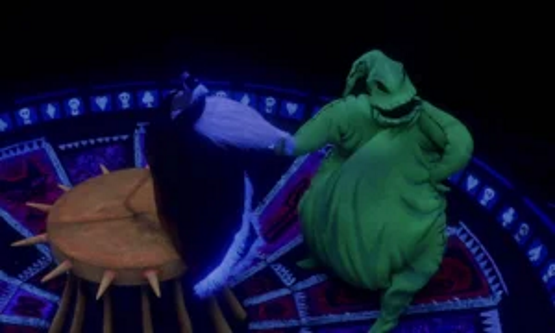
When asked about the lack of diversity in his films, Jackson defended Burton, saying:
“I don’t think it’s any fault of his or his method of storytelling, it’s just how it’s played out. Tim’s a really great guy.”
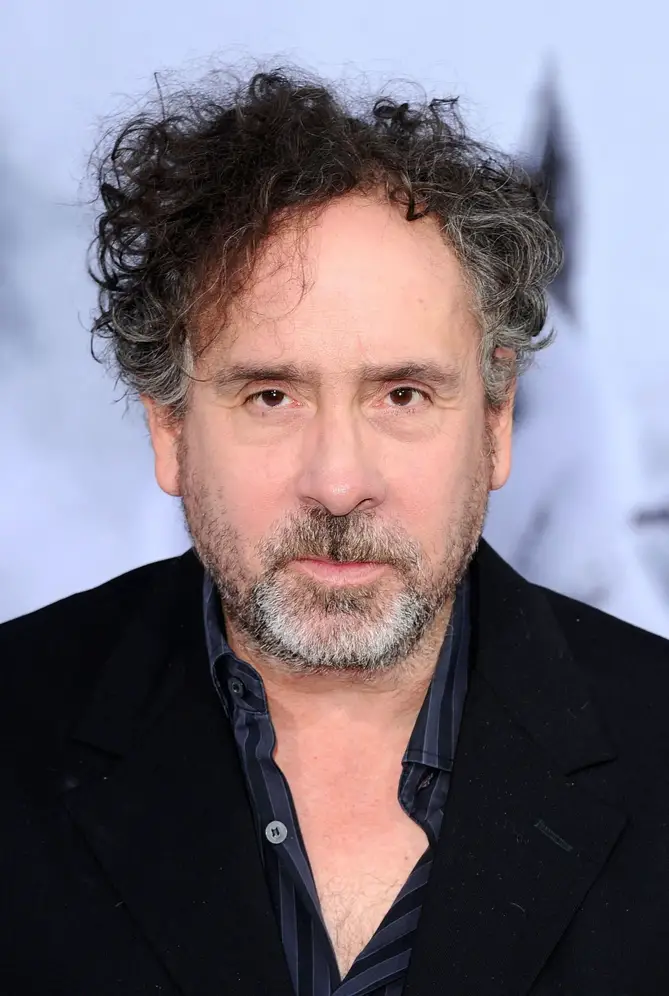
Nonetheless, Burton’s representation choices have sparked debates once again with Beetlejuice Beetlejuice. A specific scene in the sequel, featuring a “Soul Train” sequence, has divided audiences. The scene follows Astrid Deetz, portrayed by Jenna Ortega, as she navigates a passage to the “Great Beyond” aboard a train filled with characters referencing the iconic TV show Soul Train. While some viewers praised the nod to Black culture, others found it disingenuous given Burton’s history.
On TikTok, users expressed mixed reactions, with one commenting:
“Why did he hire Black actors only for this segment of the movie? It felt so out of place.”
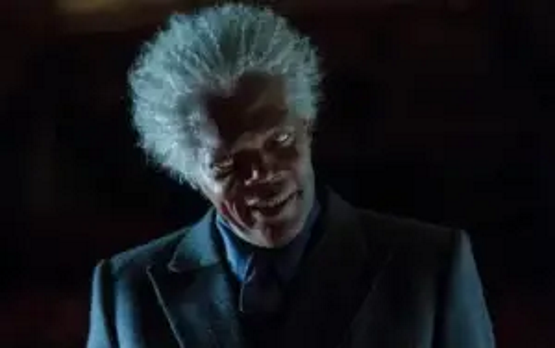
Another user questioned:
“Isn’t this kind of racist, or is it just me?”
Some defended the sequence, with one fan writing:
“I actually felt a piece of amazing Black culture come from the ‘Soul Train’ scene.”
Others considered the criticism an overreach, with one remarking:
“It’s literally an innocent scene. This is reaching.”
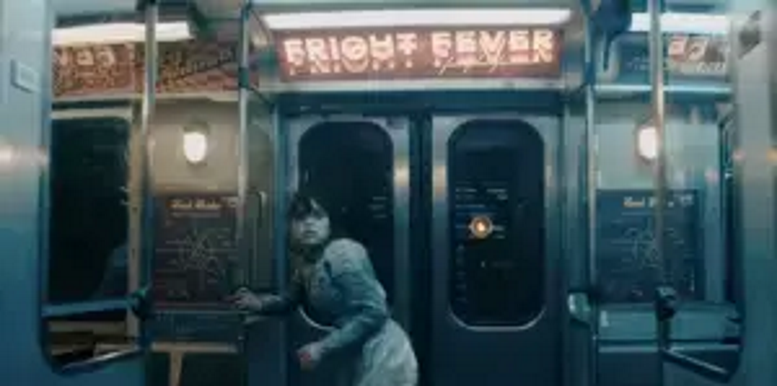
Burton has previously addressed questions about diversity in his films. In a conversation with Bustle, he explained:
“Nowadays, people are talking about it more. Things either call for things, or they don’t.”

He elaborated by referencing his childhood, saying:
“I remember watching The Brady Bunch when they started to get all politically correct. Like, okay, let’s have an Asian child and a Black child. I used to get more offended by that than just… I grew up watching blaxploitation movies. And I said that’s great. I didn’t go like, okay, there should be more white people in these movies.”
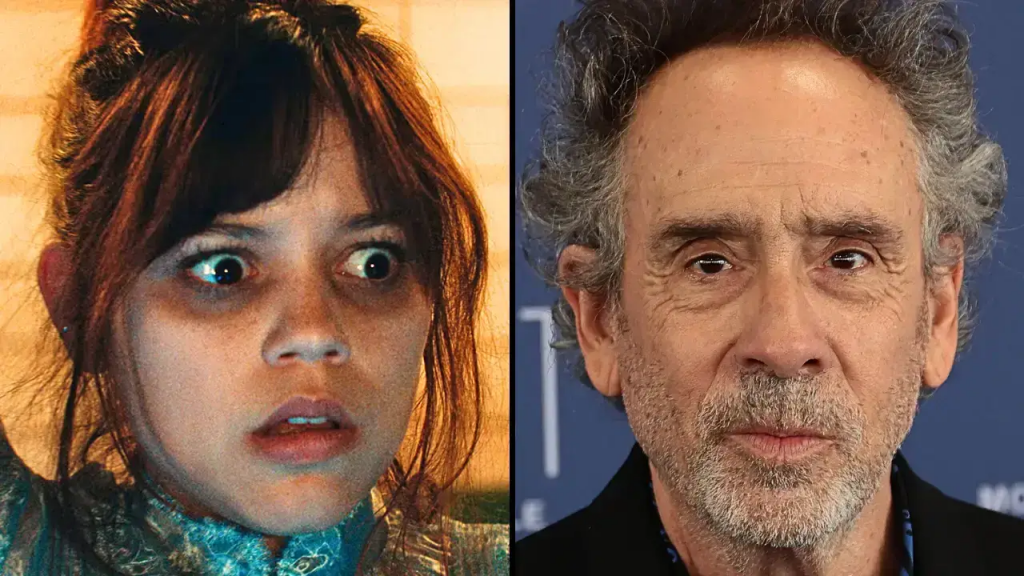
The Beetlejuice Beetlejuice sequel has amplified the ongoing conversation about diversity and representation in Hollywood, especially regarding the work of directors like Burton, whose artistic visions often revolve around surreal, isolated characters. While some praise his creativity, others feel that his narratives fail to reflect the inclusivity modern audiences expect.

Despite the controversy, Burton’s unique storytelling remains a cornerstone of his legacy, inspiring debates about the balance between artistic vision and cultural responsibility. As the discussion continues, it remains to be seen how Burton and other filmmakers respond to calls for greater inclusivity in the industry.